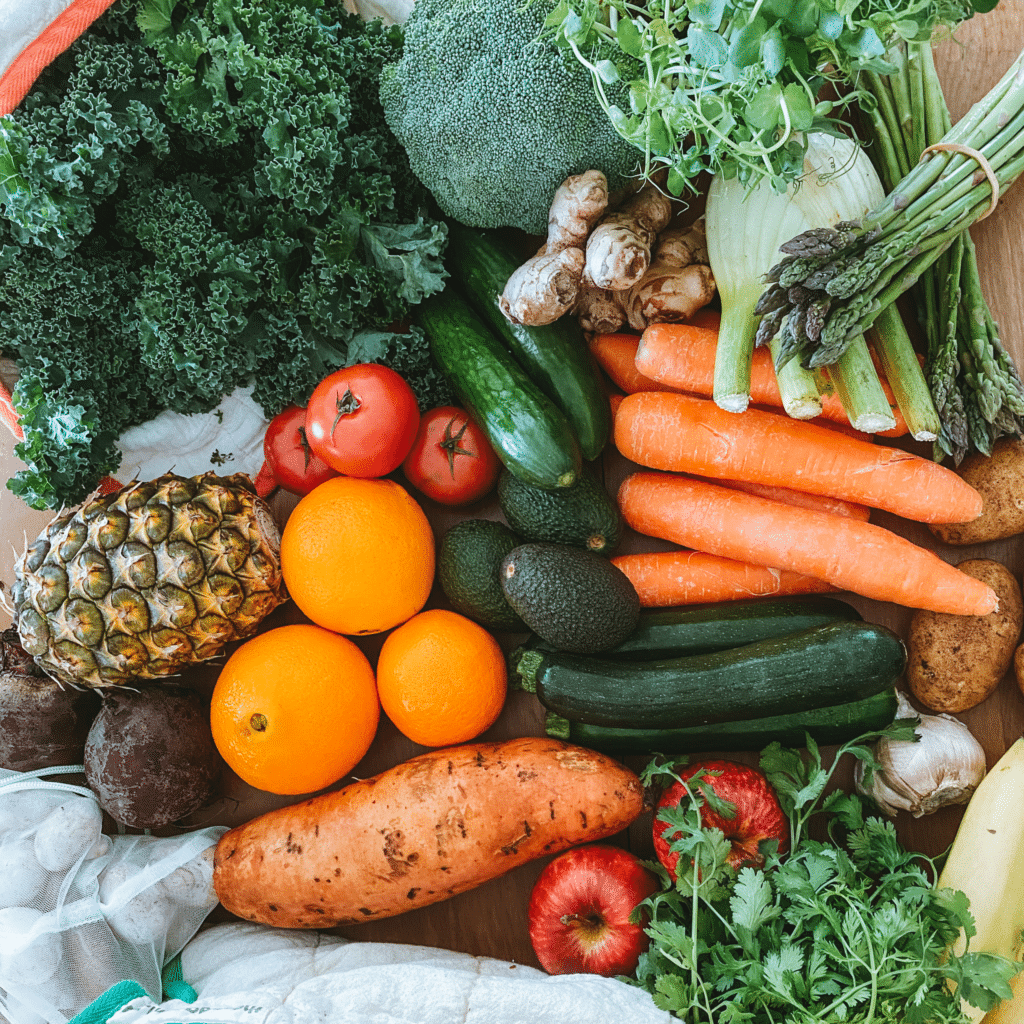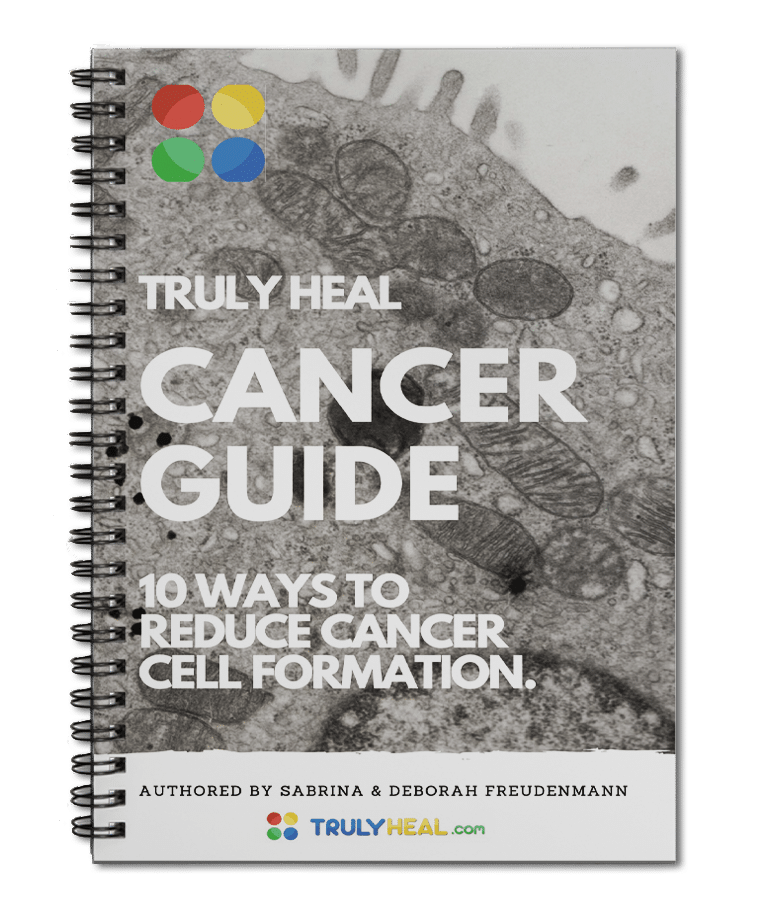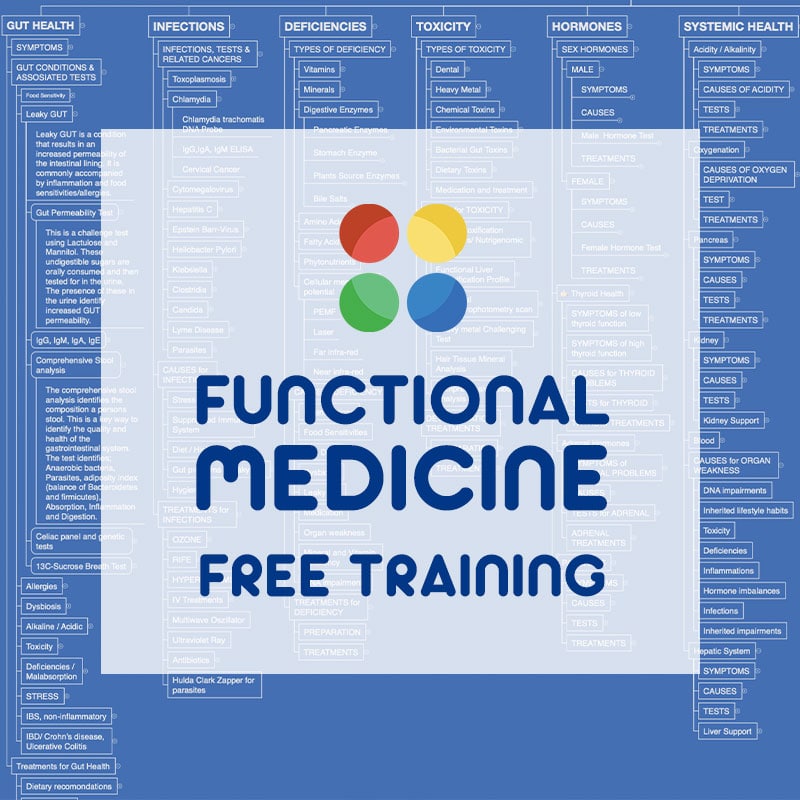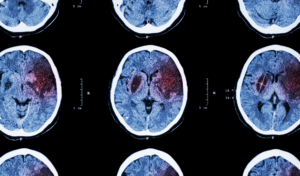
Understanding Colon Cancer
Let’s dive into the world of colon cancer—a significant health concern that affects countless lives. Colon cancer ranks as the third most common cancer-related cause of death in the United States. Colon cancer takes root in the large intestine affects 1 in 23 men and 1 in 25 women at some point in their life. In this article, we’ll learn about colon cancer, explore its signs and symptoms, delve into its root causes, understand treatment options, and arm you with natural strategies to support your well-being.

















One Response
The information here is what I have been hearing and reading for many years. Until recently I did not know that high levels of oxalates were causing many of my health problems, but now that I know I am reducing foods high in oxalates, many of which I never ate until I tried AIP, Ketogenic, green juices. I am, in fact, returning to eat the way I did when growing up. It was fairly low in oxalates. Apparently the gut microbe oxalobacter formigenes eats oxalates thus eliminating them from the system and preventing absorption into the blood. However, antibiotics destroy this bacteria which is not able to regenerate. The only solution is to remove high oxalate containing foods from the diet, such as spinach, kale, chard, sweet potatoes, most nuts especially almonds, cashews, peanuts, cocoa and chocolate, most legumes, and to eat the medium oxalate containing foods to a minimum. It turns out that oxalates are a major cause of inflammation and, therefore, of autoimmune diseases. In my case I wonder whether it contributed to breast cancer. It is certainly a hallmark of CFS.